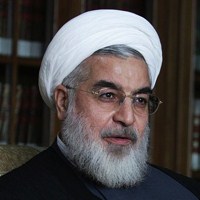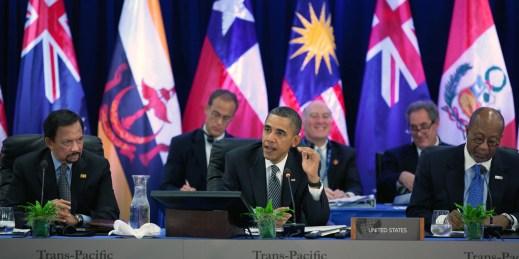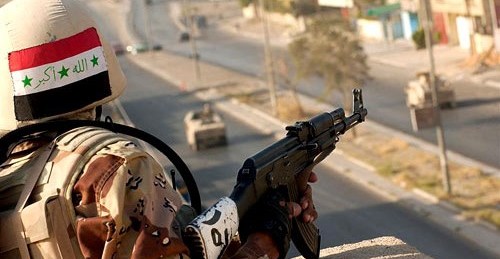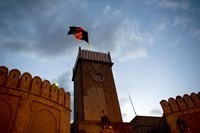
One of the major issues affecting U.S. deliberations over whether to accept a nuclear deal with Iran or to cooperate with Tehran in Iraq is the question of how much Iranian foreign policy has changed under Iranian President Hassan Rouhani. In fact, a comprehensive survey of Iranian foreign policy during the past year shows, from Washington’s perspective, major improvements in only a few areas, such as the regime’s nuclear diplomacy, with a harder line on some other issues and broad continuity in most cases. In the November 2013 interim deal over Iran’s nuclear program, which expires July 20 unless renewed, […]



